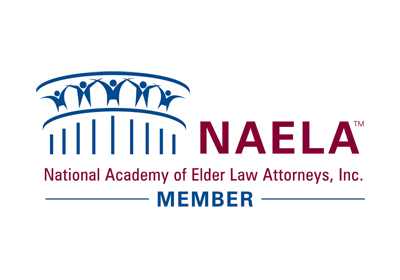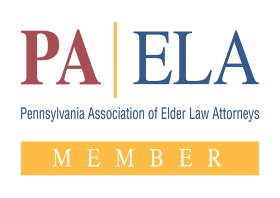Long-Term Care
Planning
Planning for the Possibility of Long-
Term Care is
Essential
to a Well Developed Estate Plan
Navigating the
High
Costs of Long-Term Care

Out of Pocket

Private Insurance

Medicare

Medicaid
Breaking the Myth
Preserve Your
Assets
and
Accelerate Medicaid Eligibility
Many seniors are under the false impression that they must exhaust their hard-earned assets before they can qualify for Medicaid benefits. This common misconception leads to unnecessary financial strain and anxiety. However, we are here to dispel this myth and show you a better way.
At Luschas, Naparsteck & Crane, LLP, we believe in proactive planning that preserves your assets while accelerating Medicaid eligibility. While pre-planning is ideal, we understand that life can bring unexpected challenges. Even if you haven’t engaged in extensive Medicaid planning beforehand, there are still strategies available to protect your estate and ensure timely access to the care you need.

Seven out of 10 (70%) of people past the age of 65 will require long-term care
Supporting Spouses of Medicaid Applicants in Long-Term Care
Are you concerned about how to preserve your assets and maintain a comfortable lifestyle while your loved one receives long-term care benefits? At Luschas, Naparsteck & Crane, LLP, we understand the importance of supporting the spouses of Medicaid applicants during this challenging time. Our experienced team is here to help you navigate the complexities of Medicaid regulations and utilize the available strategies to protect your assets and income.
Medicaid’s Spousal Impoverishment Standards provide essential provisions to safeguard the financial well-being of the healthy spouse. With our expertise in long-term care planning, we can assist you in understanding and leveraging these standards to your advantage. Our goal is to help you maintain your quality of life while your loved one receives the necessary care.
Safeguarding Your Assets with the Community Spouse Resource Allowance
At Luschas, Naparsteck & Crane, we understand the importance of easy and convenient access to your estate planning documents. That’s why we offer a secure and user-friendly client portal, giving you 24/7 access to your estate plan from the convenience of your phone.
Our client portal provides a centralized and organized platform where you can securely access, view, and manage your estate planning documents anytime, anywhere. Whether you need to review your will, trust, powers of attorney, or other important documents, they are just a few taps away.
With our client portal, you no longer need to worry about misplacing or carrying around physical copies of your estate plan. You can have peace of mind knowing that your documents are safely stored in the cloud and accessible whenever you need them.
In addition to document access, our client portal offers other valuable features. You can securely communicate with our team, ask questions, and receive updates on your estate plan. It’s a convenient and efficient way to stay connected with us and ensure that your estate plan remains up to date.
Safeguarding Your Income with the Monthly Maintenance Needs Allowance

Step One:
Gather Information
Step Two:
Medicaid Eligibility Assessment
Step Three:
Strategic Reposition of At-Risk Assets
Step Four:
Apply for Medicaid
Maximize your Medicaid Eligibility with Our Customized
Medicaid Asset Protection Plans


Explore how assets such as investments, real estate, and life insurance can impact a person’s eligibility for Medicaid benefits

Provide a clear overview of your current income and assets in relation to Medicaid eligibility

Get Started Today
Download our Asset Protection
Planning
Questionnaire




